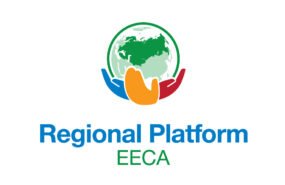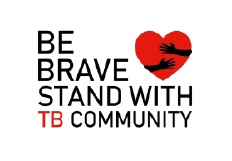Technical assistance provision within the Global Fund’s CRG TA program: an example from Tajikistan (2019 – 2020)
- 20.10.2021 22:01
- Post Views: 532
In May 2019, a local CSO working in Tajikistan – the Gender and Development NGO (Dushanbe) that ensures access by key populations to TB prevention and care – prepared and submitted to the Global Fund’s Community, Rights and Gender (CRG) Technical Assistance Programme a request for assistance in assessing and identifying the barriers throughout the TB patient pathway from the onset of symptoms and diagnosis to successful cure and follow-up, and in developing recommendations to improve the cascade of TB care focused on human rights, the elimination of legal and gender barriers and the reduction of stigma in society. After a series of discussions, including the methodology, work plan and the expected results, the provision of technical assistance (TA) was agreed by key stakeholders comprising over 10 local CSOs involved in the implementation of Global Fund grants in Tajikistan; the Republican Centre for Protection of the Population from Tuberculosis (Republican TB Centre); the Republican AIDS Centre of the Ministry of Health and Social Protection of the Population; the National Coordinating Council on HIV/AIDS, Tuberculosis and Malaria (CCM); and the Global Fund Portfolio Manager who coordinates grants provided to the Republic of Tajikistan.
Following the assessment, an action plan was developed with recommendations and priority areas to be included in the new National TB Programme for 2021-2025, which formed the basis for the country proposal to the Global Fund for 2021-2023. For the first time, the National TB Programme included patient-centred interventions, taking into account gender and legal aspects, the role of communities as well as measures to reduce stigma and discrimination against people living with, or affected by, TB.
The budget for technical assistance provided within the Global Fund CRG Programme to Tajikistan was USD 50 000. Technical assistance was delivered between August 2019 and February 2020.
crg-ta-case-study-tajikistan-ehra-2021-engRelated News
Services for migrants and refugees from Ukraine – HIV/TB care with a focus on key populations
Due to the increasing flows of refugees from Ukraine because of Russia’s invasion of Ukraine, the EECA Regional Platform created a spreadsheet to fill contacts details of face-to-face and online services for refugees and migrants (with a focus on HIV/TB care and key population groups).
Regional Platform – EECA
This web-resource is a part of new regional communication and coordination project “Regional Civil Society and Community Support, Coordination and Communication Platform - EECA”, implemented by Eurasian Harm Reduction Association (EHRA).
Tags
See also
-
EECA’s Regional Platform monthly Newsletter #21, February 2026 26.02.2026 11:56
-
Webinar: Results of the 54th meeting of the Global Fund‘s Board 23.02.2026 10:24
-
EECA’s Regional Platform monthly Newsletter #20, January 2026 27.01.2026 12:58
-
Global Fund Eligibility List 2026 27.01.2026 11:19







